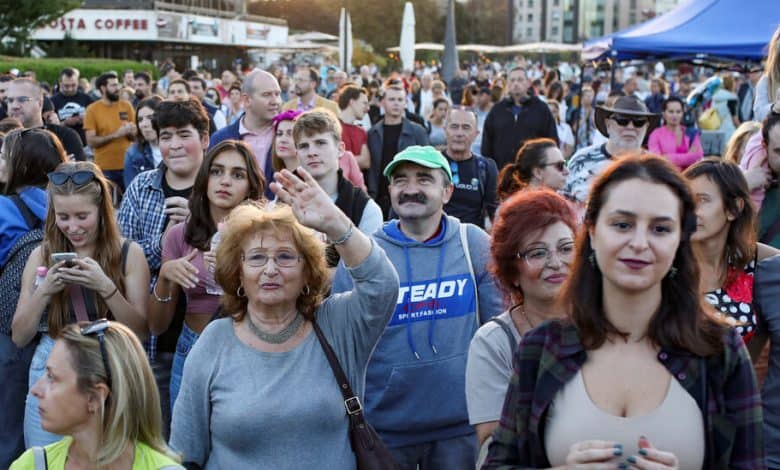For Bulgarian Voters, It’s Groundhog Day, Again

For citizens of the United States, Britain, India and dozens of other countries around the world, 2024 is a big, high-stakes election year.
For Dimitar Naydenov, a Bulgarian member of Parliament and restaurant owner, it offers only yet another Groundhog Day: Bulgaria in June holds its sixth general election in three years with a vote for a new Parliament. The total number of elections in those years is even higher — eight — if those for president and European Parliament are included.
“The same thing over and over. I’m very tired,” Mr. Naydenov said, shuddering at the thought that he will soon be back doing what he does before each Election Day — pitching a campaign tent in the central square of Burgas, a port city on the Black Sea, and standing for hours each day pleading with passers-by for their votes.
“I’ve done this so many times people have started to feel pity for me,” he said.
But pity Bulgarian voters, too. They keep casting ballots only to discover that the politicians they choose cannot form a stable government. So back to the polls, they go. Again and again.
Bulgaria is part of a wider problem shared across much of Europe, particularly former communist lands to the east: deep disillusionment with politicians and even the democratic process. But, as the poorest country in the European Union and also one of its most corrupt, Bulgaria has developed an unusually acute case of democratic dysfunction and disinterest.
On the surface, little divides Bulgaria’s two main political parties in their stated ideology. With the exception of the ultranationalist Revival party, support for which has surged during three years of constant elections, all profess strong support for Bulgaria’s membership in NATO and the European Union and hostility to Russia over its full-scale invasion of Ukraine.
